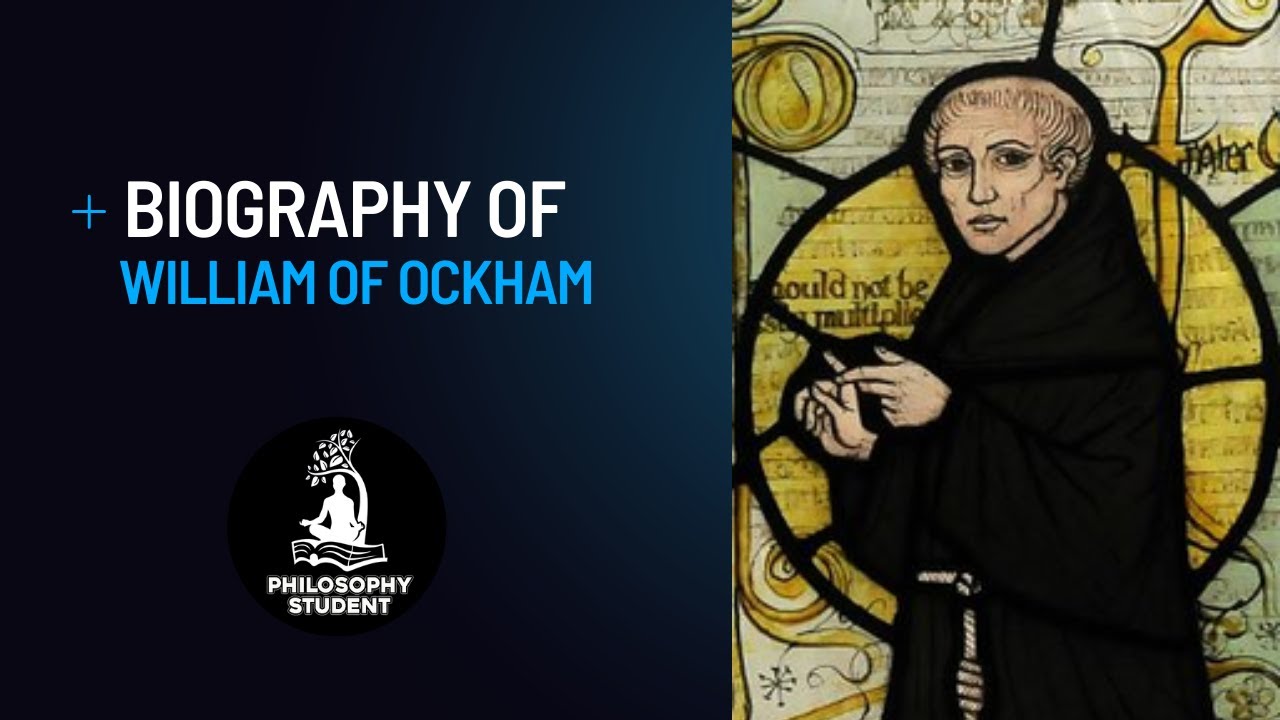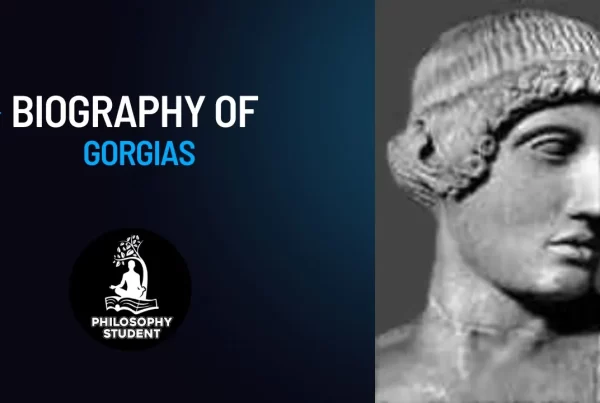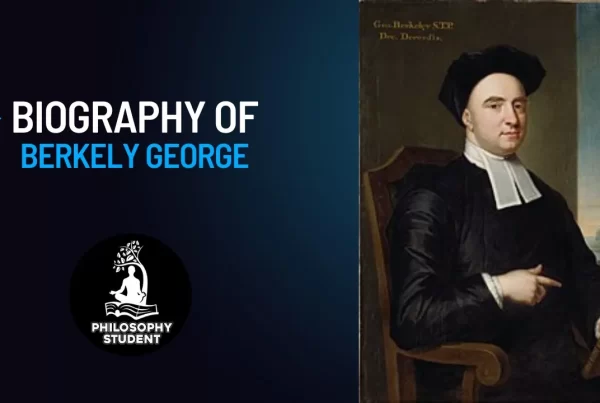William of Ockham (William Ockham, William of Occam) was born about 1285, most likely in the small Surrey (England) village of Ockham. He was a Franciscan monk and scholastic philosopher who was critical of the philosophy of Thomas Aquinas. Aquinas sought to reconcile reason with faith and was thus embraced by the Catholic Church, which canonized him while condemning Ockham.
Ockham is best known for the concept of “Ockham’s (or Occam’s) Razor,” a principle of simplicity intended to cut through unnecessary hypotheses. Ockham’s Razor has been popularized to mean “the simplest solution (or explanation) is most likely the right one.” In fact, Ockham did not propose quite so sweeping a declaration but held that in solving problems, entities should not be multiplied without absolute necessity. Even more precisely, his rule of thumb was that in judging competing hypotheses about the same prediction, choose the solution that makes the fewest assumptions.
As a metaphysician, Ockham was a nominalist, one who believed that such universal essences as “humanity” or “blackness” did not inhere in their object but were no more or less than cognitive concepts. As an epistemologist, Ockham argued for a direct realist empiricism, the idea that humans perceive objects through intuitive cognition, without the aid or intervention of innate ideas. Such perceptions of external reality produce all our abstract concepts and provide knowledge of the world. As a logician, Ockham embraced what modern philosophers call a supposition theory, arguing that words have meaning in a mental language. As a theologian, Ockham held that belief in God is a matter of faith, not knowledge. This went against the discourse of Aquinas, who argued that faith and reason are not mutually inconsistent. Rejecting any notion of the scientific validity of theology, Ockham held that scientific proofs of the existence of God were invalid. In connection with ethics, Ockham rejected the notion that God wills a thing because it is good and instead held that a thing is good because God wills it. In political philosophy, however, Ockham championed the ideas of natural rights, separation of church and state, and freedom of speech.
Little is known about William of Ockham’s life, other than he was likely born in Ockham, twenty-five miles southwest of London, also likely spoke Middle English but wrote exclusively in Latin. He became a Franciscan and was educated at a Franciscan house, from which he went on to Oxford University with the intention of obtaining a degree in theology. He failed to complete the degree, because he was forced to leave in response to a 1323 summons to the papal court, which was at the time in Avignon, France. The charge was heresy—largely for his opposition to Aquinas and his argument for the essential incompatibility of faith and reason. While the papal court investigated, he was held four years in Avignon under house arrest. Persuaded that the papacy was corrupt, he fled with other Franciscans then under trial on May 26, 1328. They found refuge in the court of Louis of Bavaria. Although excommunicated, Ockham and his fellow Franciscans escaped capture.
Louis lost his bid to attain empire and retreated to Munich, where Ockham, as part of his entourage, spent the rest of his life, much of which was consumed in writing anti-papal treatises. He died between 1347 and 1349, outcast by and unreconciled with the Catholic Church.




































